From Chongqing to Shanghai, the world’s 3rd longest river covers an area of around 1.8 million square kilometers. Not only it features extraordinary scenery, but also it carries a long history and rich unique local products, crafted or natural. Many of these products could be the ideal choice of souvenirs and gifts for foreign visitors.
Usually, westerners are more keen on those “typical” Chinese goods, such as silk, tea, jade, embroidery, porcelain, carpet, cloisonne, and antiques, etc, although more and more people come to China for more general stuff. Some people visit China just for shopping, from clothing to bathroom paper rolls. Some people we know spent thousands of dollars and shipped life-sized terra-cotta soldiers back home.
- Shu Style Embroidery
- Jingdezhen Porcelain
- Jingzhou Lacquerware
- Wuxi Clay Figurines
Many of the items along the Yangtze have won high reputations, such as:
- Bamboo crafted items and Shu style embroidery in Chongqing and Sichuan;
- Colorful Three Gorges stones in the Yangtze Three Gorges;
- Turquoise stone in Wuhan;
- Jingdezhen porcelain (near Mt. Lu);
- Four Treasures of Study in Huangshan;
- Lacquerware in Jingzhou (Shashi) and Yangzhou;
- Silk in Suzhou, Zhenjiang and Shanghai;
- Su embroidery in Suzhou;
- Clay figurines in Wuxi;
- Jade in Shanghai and Yangzhou.
The following names are listed among best Chinese teas:
- Longjing (Hangzhou);
- Biluochun (Jiangsu);
- Three Gorges Green Tea (Yichang)
- Huangshan Maofeng (Anhui);
- Junshan Silver Needle (Hunan);
- Qimen black tea (Anhui);
They are all produced in Yangtze valley and best gift candidates.
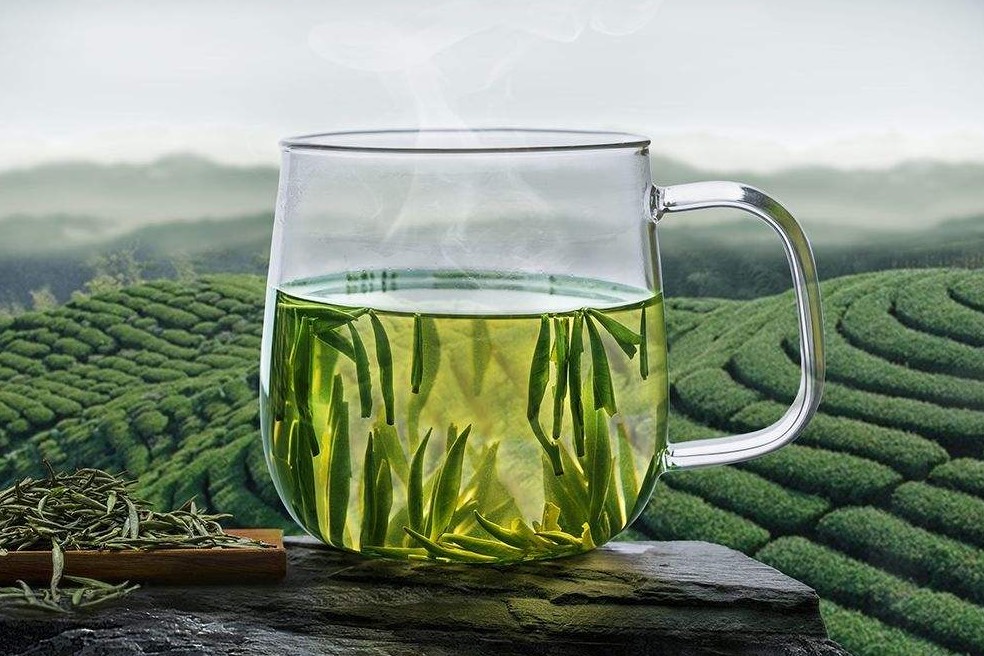
Three Gorges Green Tea (Yichang)
Bargaining is normally acceptable in most of the shops except in department stores. Many of our customers feel bargaining is fun and could save a lot. Depends on the goods you are interested to buy or how strong a desire to buy it, 20% to 70% off the prices is where you can start your haggling. Why? You are a tourist! China is no exception.
For the expensive items, please keep the purchase receipts since you may be asked to provide them by customs when leaving China, and entering the customs of your own country.

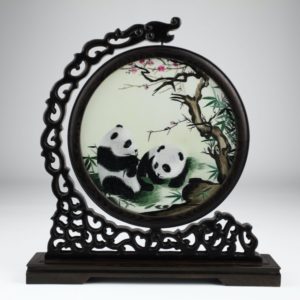
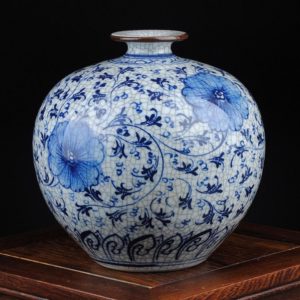
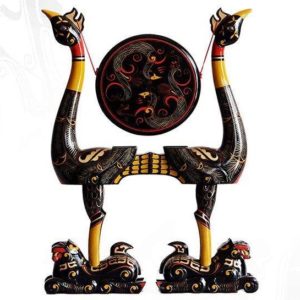
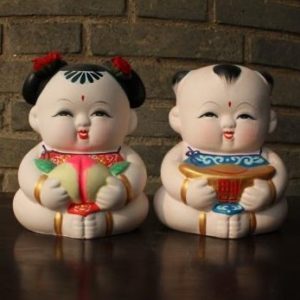

Contact Us Form